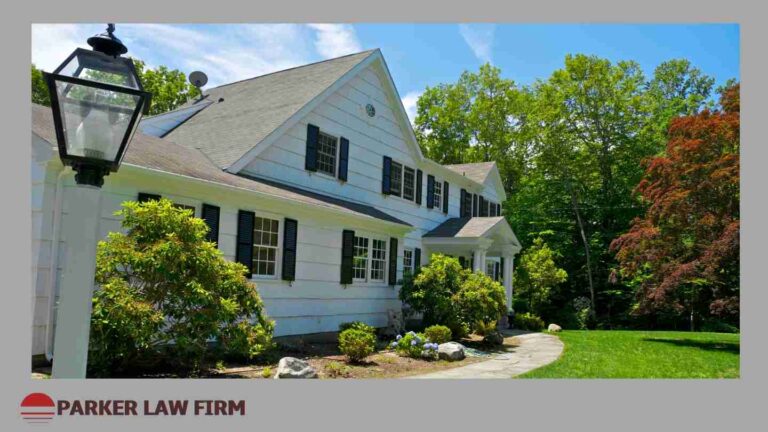

Homestead Laws = When one spouse has paid for or inherited the family home and the other spouse has not contributed to its purchase or upkeep, the spouse who purchased the home has to take proactive steps. Otherwise, the other spouse will inherit the home and have the right to live in it, lease it, visit once a year or do whatever he or she wishes to.
It’s their home, says a recent article from the Houston Chronicle titled “Navigating inheritance when husband is not on the deed,” and remains so, until they die or abandon the property.
In this case, the woman is the buyer of the home and she wants her son to have the house. The son will eventually own the home, but as long as the husband is alive, the son can’t take possession of the home or use it, unless given permission to do so by the husband.
The husband may remarry, and if so, he and his new wife may live in the home. If she dies before he does, according to Texas’ homesteading laws, the homestead rights don’t transfer to her. At that point, the son would inherit the home and the new wife would have to move out.
The husband doesn’t get to live in the house for free. He is responsible for paying property taxes and maintaining the house. If there is a mortgage, he must pay the interest on the mortgage, but the woman’s son would have to make principal payments. The son would also have to pay for the homeowner’s insurance.
However, there are options:
The last option is risky. If the son owns the home, there is no protection from the son’s creditor’s claims, if any, and the woman would lose her property tax homestead exemptions. If the son needs to declare bankruptcy or sell the home, or dies before his mother, there would be nothing she could do. If the son married, his wife would be an owner of the home. He (or she) could even force his mother out of the home.
Speak with an estate planning lawyer to see if gifting the house to your son is a good idea for your situation.
Reference: Houston Chronicle (Nov. 13, 2019) “Navigating inheritance when husband is not on the deed”
The 15 minute initial phone call is designed as a simple way for you to get to know us, and for our team to learn more about your unique estate planning needs.

